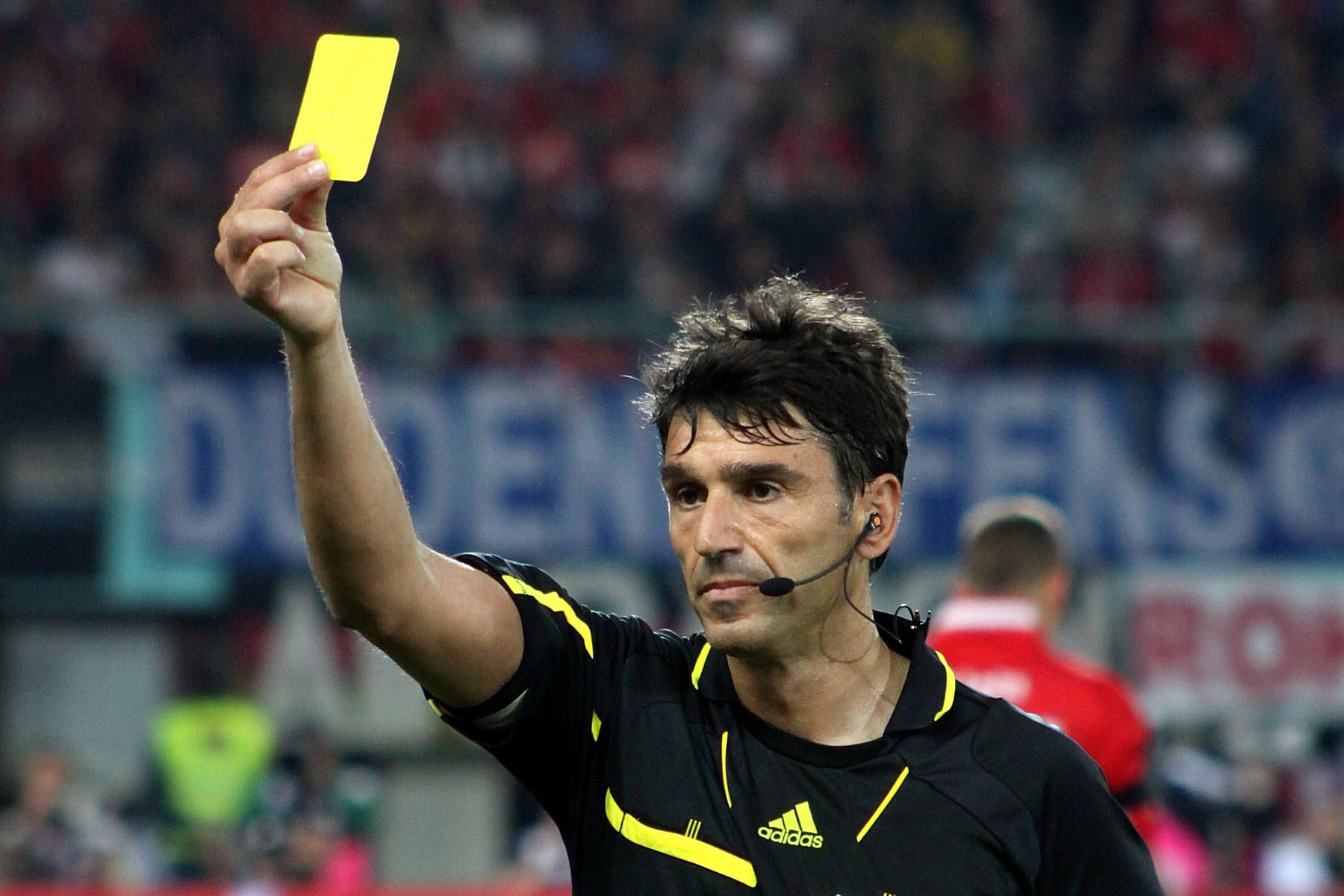Football, soccer, or futbol — however we call it — is arguably the world’s most popular sport. It’s beloved in different countries and defines a nation’s culture and identity. A football match can unite passionate fans and casual observers and become a source of pride and bragging rights.
A famous quote from the legendary Liverpool Manager Bill Shankly goes like this: “Some people think football is a matter of life and death… I assure you, it’s much more important than that.” This saying really shows how deeply fans feel about every match. It’s not just about the 90 minutes of play; it’s about the stories, the legacy, and the heartbreak that can come with it.
As sports fans and bettors, we approach the game realistically, based on the team’s recent form or as informed by the football odds on Legalbet.uk or on other sports sites. When form, head-to-head stats, and betting odds show that our team is ahead, we go into the game passionately and confidently. But it can also become a source of disappointment or even despair, especially if the match doesn’t go the way we expected it. Or worse, if the game was riddled with poor officiating, like goals wrongly cancelled, that could have given the local team the win or even the championship. And when something like this happens at the World Cups… well, that’s exactly what we’re going to talk about next, focusing on two of the most notorious cases in the 21st century.
Gio Dos Santos’ Two Goals Against Cameroon
The 2014 World Cup saw Brazil hosting the championship, defined by excellent goalkeeping performances, the thrill of counterattack, the early loss of Spain in the group stage, and the host’s disappointing 1-7 loss to Germany. It was also remembered for one of the most controversial referee decisions in the World Cup, where the referee disallowed Gio Dos Santos’ two goals in a game against Cameroon.
Ten minutes in, Dos Santos had a shot at an opening goal, which linesman Humberto Clavijo immediately ruled out, saying it was offside. However, replays show that the Mexican player was in line with his last defender. After twenty minutes, on a corner kick, Clavijo called Dos Santos out again for offside. Replays show that the Mexican player did not deflect the ball and was not behind the last defender.
It was a frustrating experience for Dos Santos, but fortunately for the Mexican team, Oribe Peralta scored a goal after the hour mark. Yes, it could have been 3-0, which would have boosted the team’s morale and perhaps allowed it to lead Group A, not Brazil. And for Humberto Clavijo? The double blunder was costly, and he was relieved of his remaining duties in Brazil.
Ref Gamal Al-Ghandour Disallowed Two Goals from Spain in the 2002 World Cup
In 2002, the football world saw a celebratory South Korean and Spanish team in shock. Well, we love Cinderella stories in sports, but this wasn’t exactly the case in the South Korea and Spain quarterfinal match, which was tainted by a bad referee decision. What could have been an epic performance from Asia’s football achiever and favourite Spain became a disaster for the books when referee Gamal Al-Ghandour disallowed two goals for Spain, leading to its elimination.
The first incident happened when De Pedro made a free kick toward a group of players. The ball touched off Tae-Young’s shoulder and then moved into the net, only to be disallowed by the referee. Next, two minutes into the extra time, Joaquin clipped the ball from the white line to Morientes, who headed it for a goal. Again, the linesman ruled that the ball “had drifted out of play” and thus should not count.
Confusion and questions immediately followed the game, and officials could only leave the area once all Spanish players had left. Ivan Helguera, one of the Spanish players, shared that they had two good goals. He added that his team didn’t win because “they (the referees) didn’t let us win.”
Has This Happened Before?
Indeed, history has seen its fair share of controversial moments before the era of VAR and additional referees. Take the 1966 World Cup Final, where England secured its first title under dubious circumstances — the case of the “Ghost Goal”. In extra time, Geoff Hurst scored a goal that hit the crossbar and bounced down, leading to disputes whether it crossed the line. Despite German protests, the goal was awarded after a brief hesitation from the referee.
This match, and particularly this decision, has sparked debate among fans and analysts ever since.
Well, those are prime examples of how crucial refereeing calls can shape the game’s outcome, reminding us that controversies in football are nothing new.








